THE EMILY DICKINSON MUSEUM RECEIVES OVER $350,000 IN GRANTS FOR INTERPRETIVE PLANNING, OPERATING SUPPORT, AND RESTORATION
The grants will be used to improve and increase access to Emily Dickinson’s poetic and personal legacy in the place she called home.
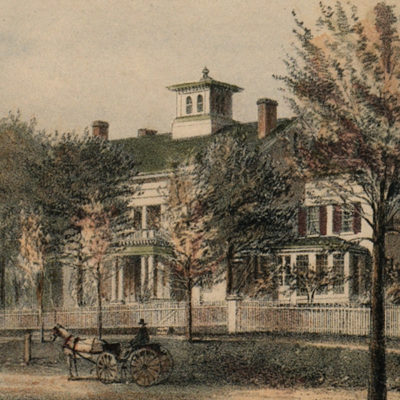 (AMHERST, Mass., August 28, 2019) – Today the Emily Dickinson Museum announced that it will receive over $350,000 in grants for interpretive planning, operational support, and restoration. The grants include a Public Humanities Planning grant of $63,025 from the National Endowment for the Humanities (NEH). The NEH award will support a year of interpretive planning to unite the Museum’s historic spaces and collections to better serve its growing contemporary audience. Public Humanities Planning grants from the NEH are typically awarded for up to $40,000 per grantee, but larger sums are granted to exceptionally ambitious and complex proposals like the Museum’s.
(AMHERST, Mass., August 28, 2019) – Today the Emily Dickinson Museum announced that it will receive over $350,000 in grants for interpretive planning, operational support, and restoration. The grants include a Public Humanities Planning grant of $63,025 from the National Endowment for the Humanities (NEH). The NEH award will support a year of interpretive planning to unite the Museum’s historic spaces and collections to better serve its growing contemporary audience. Public Humanities Planning grants from the NEH are typically awarded for up to $40,000 per grantee, but larger sums are granted to exceptionally ambitious and complex proposals like the Museum’s.
Program Director Brooke Steinhauser says the grants will allow the Museum to “incorporate current scholarship and more inclusive methodologies of interpretation” into its already vibrant programming. As the site of the largest and most varied collection of non-manuscript objects associated with Emily Dickinson and her family, and as the site where Dickinson penned nearly all of her 1,789 poems, the grants will help the Museum to consider how to provide interpretation of and access to its resources, resulting in the best possible visitor experience.
The Emily Dickinson Museum is one of 16 humanities projects this cycle to receive a grant from the NEH for planning or implementation, all of which will support vital research, education, preservation, and public programs in the humanities. The National Endowment for the Humanities preserves America’s rich history and cultural heritage, by encouraging and supporting scholarship and innovation in history, archaeology, philosophy, literature, and other humanities disciplines. In addition to the work at the Emily Dickinson Museum, this round of grants will enable continued work on the papers of presidents George Washington, Thomas Jefferson, and Abraham Lincoln, as well as publication of the complete speeches, correspondence, and writings of Martin Luther King Jr. and Eleanor Roosevelt, and a new scholarly edition and translation of the Dead Sea Scrolls.
In addition to the NEH grant, the Museum will receive $245,673 from the Institute of Museum and Library Services, $30,000 from the Massachusetts Cultural Facilities Fund, and $12,200 from the Massachusetts Culture Council’s Cultural Investment Portfolio. The IMLS grant will be used to catalog, manage, and maintain its 8,000+ piece collection. The planning grant from the Facilities Fund will be used to plan the restoration of the hallways, parlors, and bedrooms in the Museum, tripling the amount of restored interpretive space in the Homestead. The grant from the Cultural Investment Portfolio will support operations at the Museum. Executive Director Jane Wald says the grants will help to transform the Museum’s interpretation by “preparing to restore this private poet’s public spaces to their appearance during her most important writing years.”
Since its inception, the Emily Dickinson Museum has welcomed more than 150,000 visitors from 50 countries and serves as the premier center for study, interpretation, and celebration of Emily Dickinson’s place in literature, history, and culture. These awards will support the Museum’s mission to spark the imagination by amplifying Dickinson’s revolutionary poetic voice from the place she called home. The Museum is open Wednesday through Sunday, 11 a.m. to 4 p.m. Learn more at www.EmilyDickinsonMuseum.org.
Created in 1965 as an independent federal agency, the National Endowment for the Humanities supports research and learning in history, literature, philosophy, and other areas of the humanities by funding selected, peer-reviewed proposals from around the nation.
The Institute of Museum and Library Services is the primary source of federal support for the nation’s libraries and museums. They advance, support, and empower America’s museums, libraries, and related organizations through grant making, research, and policy development. Their vision is a nation where museums and libraries work together to transform the lives of individuals and communities. To learn more, visit www.imls.gov.
Managed in collaboration with MassDevelopment, the Cultural Facilities Fund provides major improvement grants to nonprofit cultural organizations, in recognition of their profound economic impact on communities across Massachusetts. Since 2006, the Fund has encouraged sound growth, supported important development projects, played a crucial role in the growth of local tourism, created thousands of jobs, and driven millions of dollars in private investment.
The Cultural Investment Portfolio provides both general operation and project-based grants to nonprofit organizations that enrich Massachusetts’ cultural life. The Portfolio works to strengthen a cultural sector that generates $1.2 billion in economic activity, creates thousands of jobs, and delivers programs to more than 20 million people a year. Not just a funder, the Portfolio is a source of invaluable expertise, advocacy, and peer dialogue.

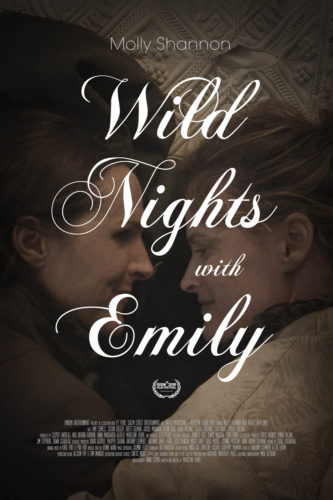 Join us for free screening of the SxSW dramatic comedy ‘Wild Nights with Emily,’ — starring Molly Shannon as the beloved poet Emily Dickinson. Followed by a Q&A with director Madeleine Olnek, and Emily Dickinson Museum curator Jane Wald. Don’t miss this opportunity to see the movie IndieWire called “hilarious” and “touching”!
Join us for free screening of the SxSW dramatic comedy ‘Wild Nights with Emily,’ — starring Molly Shannon as the beloved poet Emily Dickinson. Followed by a Q&A with director Madeleine Olnek, and Emily Dickinson Museum curator Jane Wald. Don’t miss this opportunity to see the movie IndieWire called “hilarious” and “touching”! 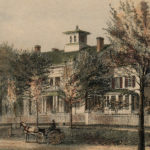
 (AMHERST, Mass., August 28, 2019) – Today the Emily Dickinson Museum announced that it will receive over $350,000 in grants for interpretive planning, operational support, and restoration. The grants include a Public Humanities Planning grant of $63,025 from the National Endowment for the Humanities (NEH). The NEH award will support a year of interpretive planning to unite the Museum’s historic spaces and collections to better serve its growing contemporary audience. Public Humanities Planning grants from the NEH are typically awarded for up to $40,000 per grantee, but larger sums are granted to exceptionally ambitious and complex proposals like the Museum’s.
(AMHERST, Mass., August 28, 2019) – Today the Emily Dickinson Museum announced that it will receive over $350,000 in grants for interpretive planning, operational support, and restoration. The grants include a Public Humanities Planning grant of $63,025 from the National Endowment for the Humanities (NEH). The NEH award will support a year of interpretive planning to unite the Museum’s historic spaces and collections to better serve its growing contemporary audience. Public Humanities Planning grants from the NEH are typically awarded for up to $40,000 per grantee, but larger sums are granted to exceptionally ambitious and complex proposals like the Museum’s.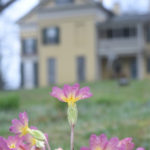
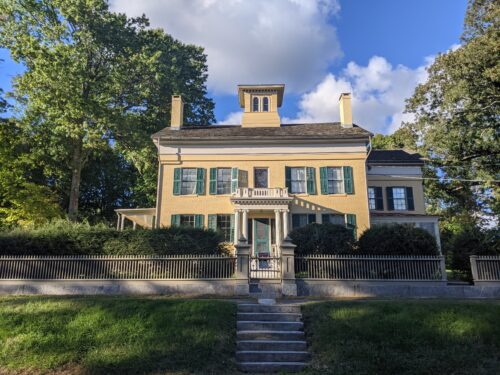

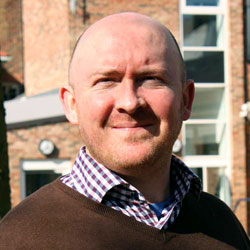
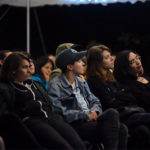
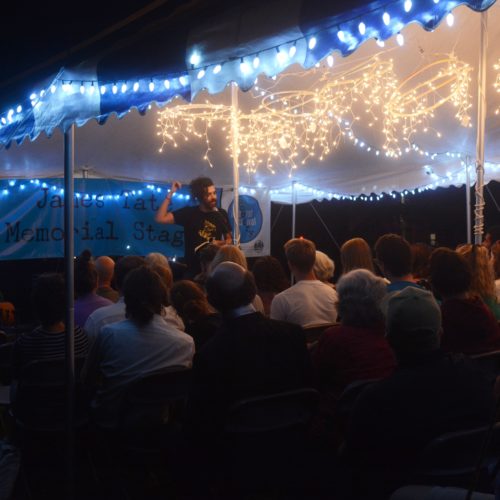
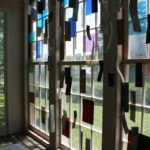
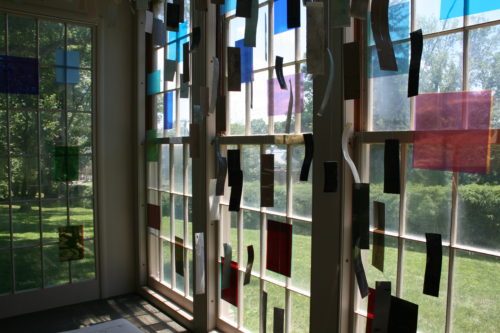
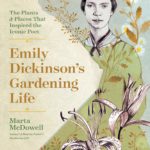
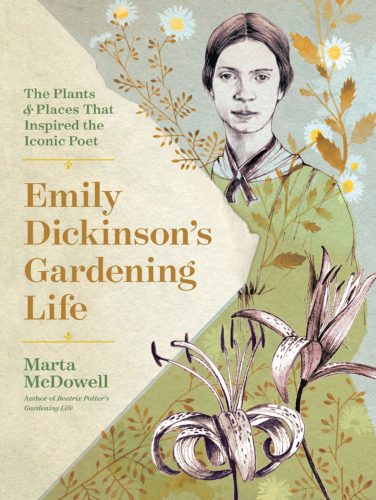 About Emily Dickinson’s Gardening Life (Timber Press, 2019):
About Emily Dickinson’s Gardening Life (Timber Press, 2019):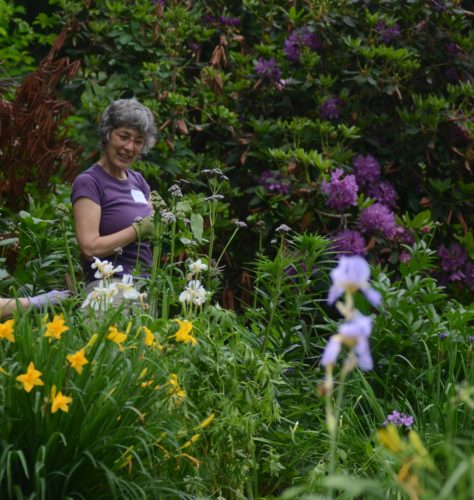 Marta McDowell teaches landscape history and horticulture at the New York Botanical Garden and consults for private clients and public gardens. Her latest book is Emily Dickinson’s Gardening Life, 2019. Timber Press also published The World of Laura Ingalls Wilder, New York Times-bestselling All the Presidents’ Gardens, and Beatrix Potter’s Gardening Life, now in its seventh printing. Marta is working on a new book about The Secret Garden and its author, Frances Hodgson Burnett, due out from Timber Press in 2022. S
Marta McDowell teaches landscape history and horticulture at the New York Botanical Garden and consults for private clients and public gardens. Her latest book is Emily Dickinson’s Gardening Life, 2019. Timber Press also published The World of Laura Ingalls Wilder, New York Times-bestselling All the Presidents’ Gardens, and Beatrix Potter’s Gardening Life, now in its seventh printing. Marta is working on a new book about The Secret Garden and its author, Frances Hodgson Burnett, due out from Timber Press in 2022. S